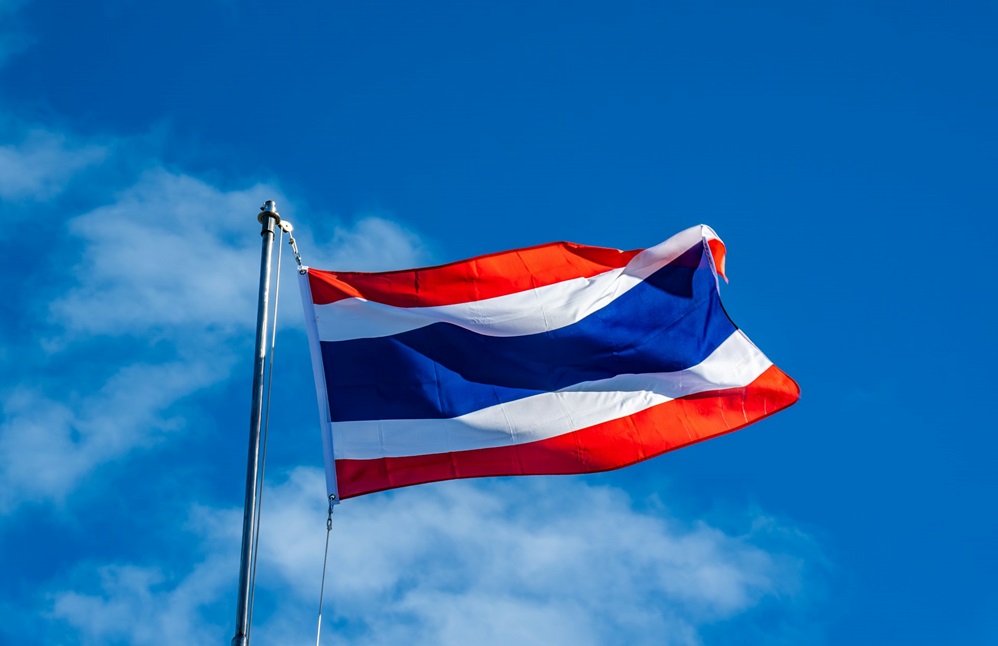
The Thai government says its controversial casino bill will boost the country’s GDP by 0.8%, as the proposal continues to draw criticism from top politicians.
Bangkok wants to legalize integrated entertainment complexes that include casino facilities. The government says its move will eliminate the concept of off-seasons in the tourism sector and that casinos will generate higher tax revenues.
The Bangkok Post reported that the Finance Ministry forecasts that, once open, casinos could contribute 0.2–0.8% to Thailand’s annual GDP “per conservative estimates.”
Suksit Srichomkwan, the Prime Minister’s Office’s Deputy Secretary-General, added that the project would boost GDP by 0.23% while construction is underway.
He argues the project will create between 9,000 and 15,000 jobs. He also said it would help benefit small and medium-sized Thai and generate up to 200 billion baht ($6.1 billion) per year in tourism revenues.
The government thinks the complexes will boost annual tourist arrivals by 5-20% and increase visitors’ average spending by about 22,000 baht ($675).
However, the official poured cold water on the idea of creating casino-free complexes. Suksit said, “Can the project exclude a casino? This is a business model. It’s integrated. It is a new growth engine that will add value to the Thai tourism sector.”
Suksit also claimed the government has plans to prevent money laundering at the complexes by recording and monitoring visitors’ financial transactions.
In a separate report from the same media outlet, Suksit was quoted as arguing: “Money laundering will be almost impossible in these premises. Even the operators want to compete in a strictly regulated environment.”
The government further stated that it would utilize the tax revenue from the complexes to fund new educational facilities.
However, major opponents of the bill continue to voice their discontent. Following recent criticism from Deputy Prime Minister Anutin Charnvirakul, former Prime Minister Abhisit Vejjajiva also slammed the proposal. Abhisit served as Prime Minister from 2008 to 2011.
The Bangkok Post also reported that Abhisit made his comments at a recent Senate hearing. He explained: “When I was in office, I rejected similar proposals because the dangers of gambling-linked crime are real. The idea that legal casinos can clean up the underground economy is flawed.”
Abhisit gave the example of government-run lotteries, claiming that their introduction had failed to stem the rise of illegal lottery rings.
Meanwhile, Deputy Finance Minister Julapun Amornvivat said the project would serve as a fresh economic driver.
Julapun also insisted that the government would not force the bill through parliament. He said that Bangkok is prepared to take its time, provided the draft law is approved some time before the 2027 general election.
Thai government officials claim they have held positive talks with several major international gaming operators, including Wynn Resorts and MGM Resorts International.
MGM has urged the government to ensure Thai citizens are allowed to gamble at the facilities. Some opponents have suggested that the casinos should only allow foreign passport holders to place bets.
Anutin and prominent members of the Thai Senate have joined calls for Prime Minister Paetongtarn Shinawatra to hold a referendum on the bill.